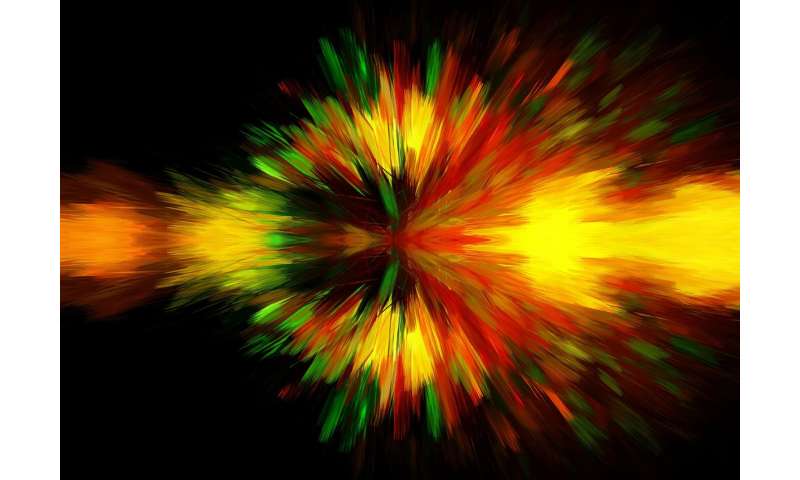Best of Last Week: Harnessing entire spectrum of light, a milestone for universal memory, and a new take on Keto diet

It was a good week for physics as a team from the University of Waterloo found that wave echoes from a black hole may confirm Stephen Hawking's hypothesis of quantum black holes. They believe they detected signs of the quantum "fuzz" that surrounds newly formed black holes. Also, a team of researchers at The Ohio State University found a way to harness the entire spectrum of sunlight using a single molecule that can absorb sunlight efficiently and also act as a catalyst to convert solar energy into hydrogen. And a combined team from the University of the Witwatersrand and Huazhang University of Science and Technology introduced a new twist on quantum fiber communications—they demonstrated multiple quantum patterns of twisted light transmitted across a conventional fiber link.
In technology news, a team of physicists at Lancaster University announced that 'universal memory' research has passed a new milestone—they showed a way to connect memory cells together to create RAM with the speed of DRAM. Also, an international team of researchers created organic-metal oxide transistors with high operational stability, making them more cost-effective. And a team at MIT announced that they had devised a strategy for creating gradient Li-rich oxide cathode particles for batteries with minimum oxygen release. Also, a team at the Korea Advanced Institute of Science and Technology announced that they had built a robot that carries out human tasks faster than other robots. Called M-Hubo, the wheeled humanoid robot was designed to assist humans in mundane tasks.
In other news, a team at the California Institute of Technology announced that they had built a camera that was able to take pictures of transparent objects at 1 trillion frames per second—such as shockwaves and potentially neuronal signals. And two teams working independently made headlines when they suggested that the coronavirus that emerged in China may have originated in snakes or bats.
And finally, if you are one of the thousands who have tried the Keto diet, you may want to check out work done by a team at Yale University—they found that the diet works best in small doses.
© 2020 Science X Network